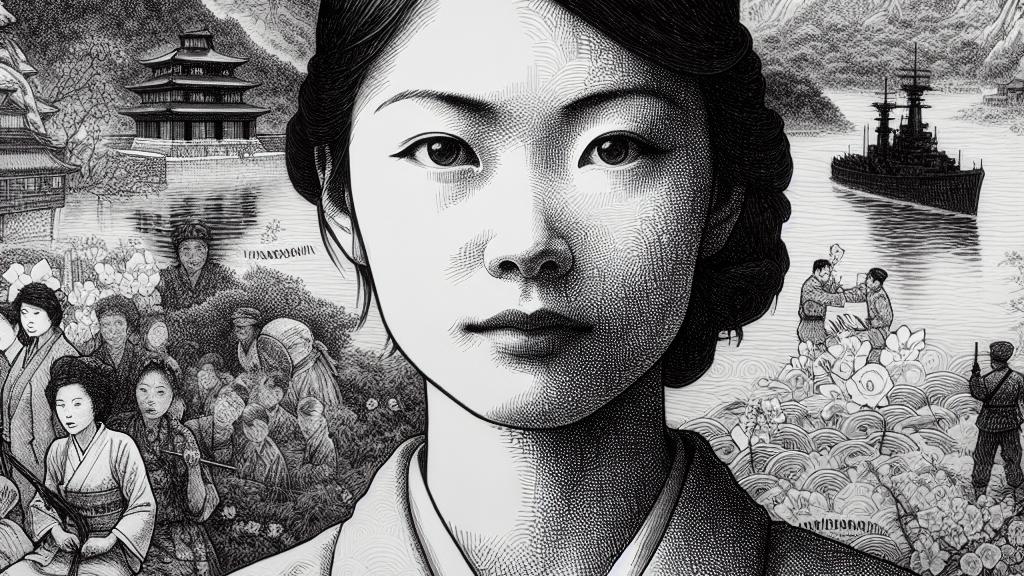Understanding Hasegawa Teru and her Anti-War Message Against Militarism
Overview
- Hasegawa Teru was a brave Japanese anti-war activist who stood boldly against the militarism of her time during the Second Sino-Japanese War.
- Through her compelling radio broadcasts, she urged soldiers to reconsider their participation in the conflict, emphasizing the true cost of war.
- Her remarkable legacy continues to inspire discussions on peace, empathy, and the importance of resisting militaristic ideals.

Hasegawa Teru's Background
Born in 1912 in the serene landscapes of Yamanashi, Japan, Hasegawa Teru was destined for a life that defied the expectations surrounding her. Growing up in a society that idolized military heroes, she witnessed firsthand the fervor for war driving her nation. However, instead of conforming to this glorification of violence, she dared to swim against the tide. Imagine a young woman, armed with only her convictions, moving to Shanghai during one of history's most tumultuous periods. It was there, amidst the chaos of the Second Sino-Japanese War, that Teru’s moral compass guided her to become a passionate advocate for peace, influencing lives through her unwavering messages.
Her Powerful Voice Against War
From 1938 to 1941, Hasegawa Teru emerged as an iconic voice, piercing through the din of warfare with her heartfelt pleas. She deftly described the Sino-Japanese conflict as an 'invasion war,' one driven by selfish ambitions. Picture this: in the heart of battle, her compelling voice rang out, urging soldiers to realize that their true enemies were not the Chinese people, but rather the oppressive forces that profited from the war. Teru’s broadcasts were not mere transmissions; they were powerful calls to compassion. She painted vivid pictures of the pain experienced by families torn apart by violence, which helped humanize the struggle and brought depth to her messages.
Facing Backlash and Continuing the Fight
Despite the immense backlash she faced, including being labeled a 'traitor' by nationalists, Teru displayed remarkable tenacity. Her statement, 'If you desire, call me a traitor,' is a testament to her ironclad resolve. Can you imagine the courage it took to challenge an entire regime? In her broadcasts, she often told poignant stories of the innocent civilians and soldiers caught in the crossfire, driving home the psychological toll that war takes on everyone involved. For instance, she would recount heartrending scenarios where soldiers, filled with guilt, longed to return home to their families, providing a relatable lens through which her audience could see the tragedy of war.
A Lasting Legacy
Although Hasegawa Teru's life came to a premature end in 1947, her message and legacy endure, echoing through generations as a beacon of hope for peace advocates. In today’s world, where militarization is still a pressing concern, her insights serve as crucial reminders of the need for compassion and understanding. Reflecting on Teru’s legacy encourages us all to question injustices and strive relentlessly for a more harmonious future. When we hear her story, it compels us to recognize the small acts of defiance against war that can accumulate into significant movements for peace. Indeed, embracing her spirit is essential; it ignites important conversations regarding the true cost of conflict, urging us to transform empathy into action.

Loading...